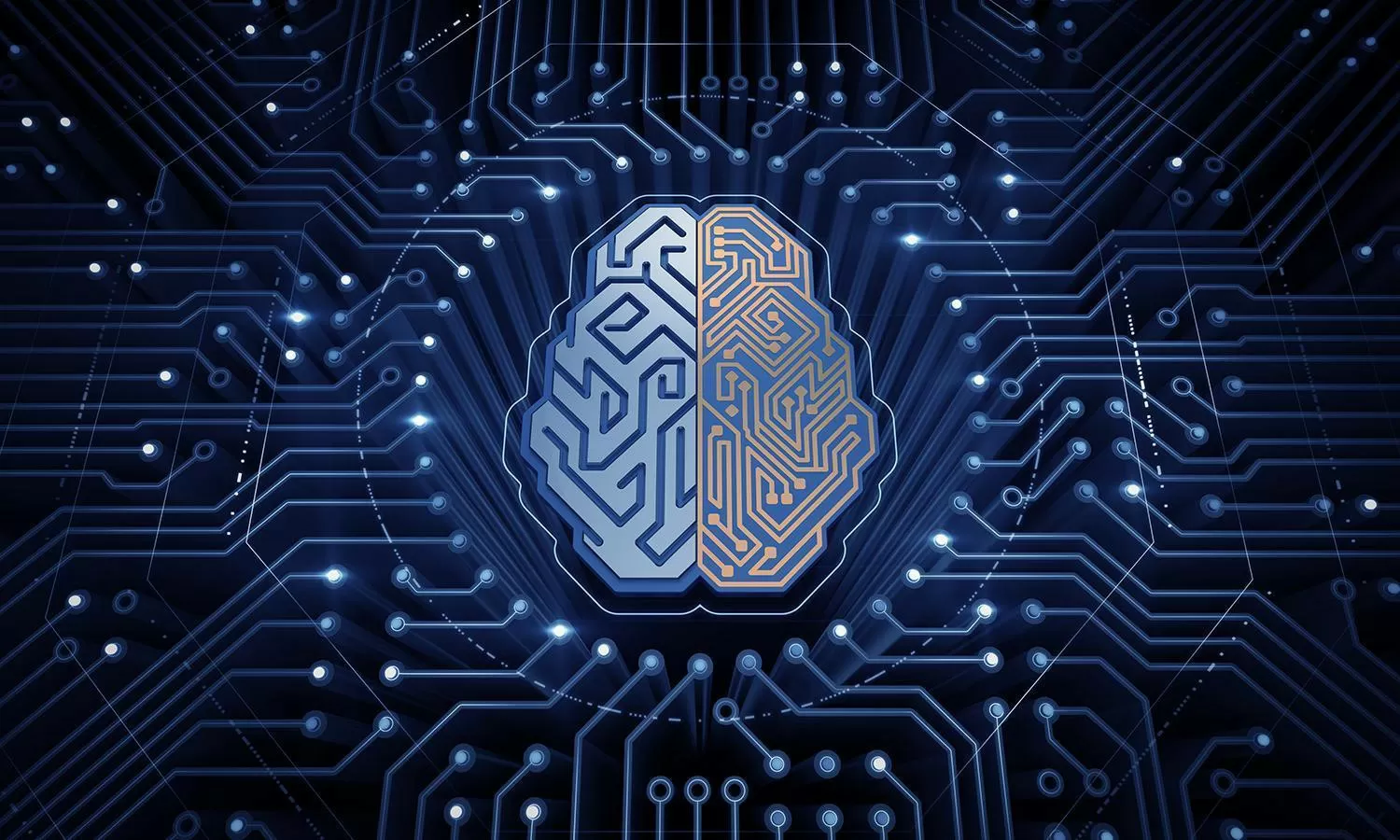
From a pure technology perspective, it’s hard to imagine something much hotter than artificial intelligence, or AI. Everywhere you look, companies of all types and sizes are talking about their AI initiatives and all the amazing things those projects will enable. Similarly, it’s nearly impossible to read recent stories in both the tech and general press that don’t mention AI.
While I have no doubt that, technologically, AI is a fascinating new area of development that’s bound to drive some incredible new innovations, I am starting to have some doubts about the business opportunity for AI.
In many ways, the business challenges for AI are similar to those that arguably still face “big data.” First, it’s hard to do, and the number of people with the skills to really create AI algorithms and other software is very limited, making the cost of creating any products and services with the right people very expensive.
While I have no doubt that AI is a fascinating new area of development...I am starting to have some doubts about the business opportunity for AI.
Second, the end results of the effort can be hard to quantify from a return-on-investment (ROI) perspective. In some cases, it’s easy to point to clear monetary savings or revenue increases from the results of either big data analysis or AI-driven outputs, but in a very large percentage of cases, it’s not. Sometimes it’s a process improvement that comes from the work—often a positive development, but not necessarily one that’s easy to associate with a dollar figure.
The third and most fundamental challenge for many AI applications is with the inherent nature of what they’re designed to do. In essence, if an AI project is done properly, it should basically put itself out of a job.
Let me explain. In many instances, AI is applied to a set of data in order to determine hidden patterns, more efficient ways of achieving/doing something, or just making a process easier or more natural. If the technology is applied in an intelligent way, then the results will be an improved process that’s cheaper, faster, easier or generally better than the manner with which it was done previously.
That’s great, but often that discovery process only has to be done once. So, once you’ve figured out a better way to do something, the project is done. It’s essentially a one and done. Yes, there can often be iterative improvements made after the fact, but it’s often a case of diminishing returns. You might make 95% of the possible improvements thanks to that first round of AI-driven analysis, but then only make very minor improvements after that.
From a business perspective, that’s clearly a challenge, because most tech-related business models are built around a continuous, ongoing stream of revenue and not just a one-time sale. You can certainly build successful businesses based on a single sale/project, but it’s definitely more challenging, especially because many of the efforts necessary to build a strong AI algorithm for a particular application are very unique to that project. As a result, it may be difficult to leverage that work across different projects/applications, which would be critical for building an ongoing, viable business.
AI increasingly looks like an “ingredient” technology that could be challenging to monetize on its own.
To be clear, there are certainly applications for which a constant flow of AI-driven analysis is essential—keeping an autonomous car driving for example—and those types of applications won’t necessarily face the business model challenges of other AI approaches. Even in these cases, however, there will likely be challenges in monetizing ongoing services, because the AI-driven features are going to be sold as part of a given device or service.
Process-driven services are likely the best opportunity for AI from a business perspective, but it’s not exactly clear what those will be, how they will work, how they will be marketed, and if people will be able to understand the value in them.
The bottom line is that, while there are clearly great opportunities to build some amazing AI technologies, the manner with which money can be made from those technologies isn’t quite as clear. Providing new levels of capabilities, improving how goods are designed, manufactured, sold and used, and generally increasing the overall “expertise” built into other products is clearly a noble goal, but AI increasingly looks like an “ingredient” technology that could be challenging to monetize on its own.
Bob O’Donnell is the founder and chief analyst of TECHnalysis Research, LLC a technology consulting and market research firm. You can follow him on Twitter @bobodtech. This article was originally published on Tech.pinions.
https://www.techspot.com/news/71241-opinion-business-challenges-artificial-intelligence.html